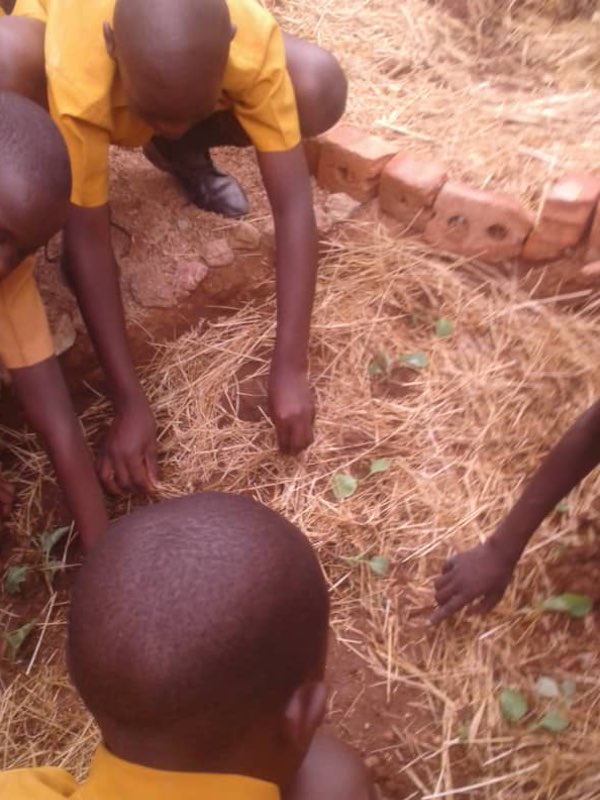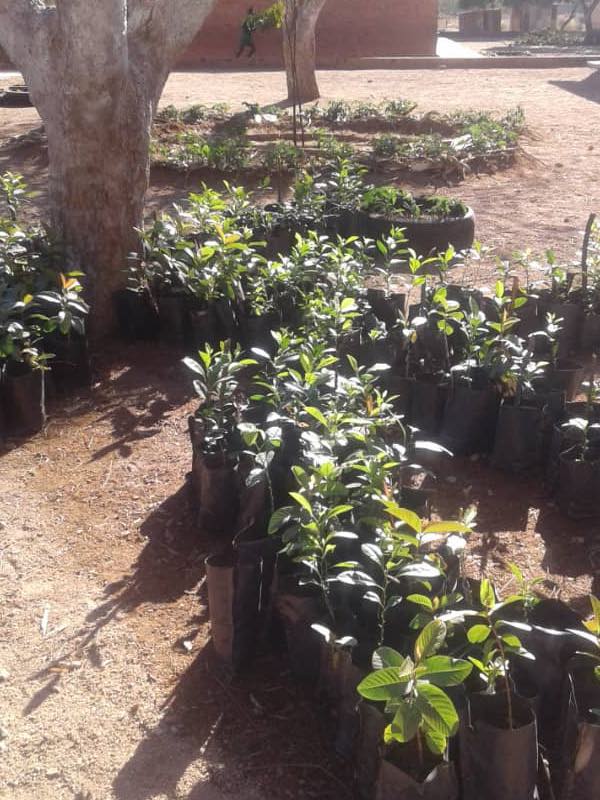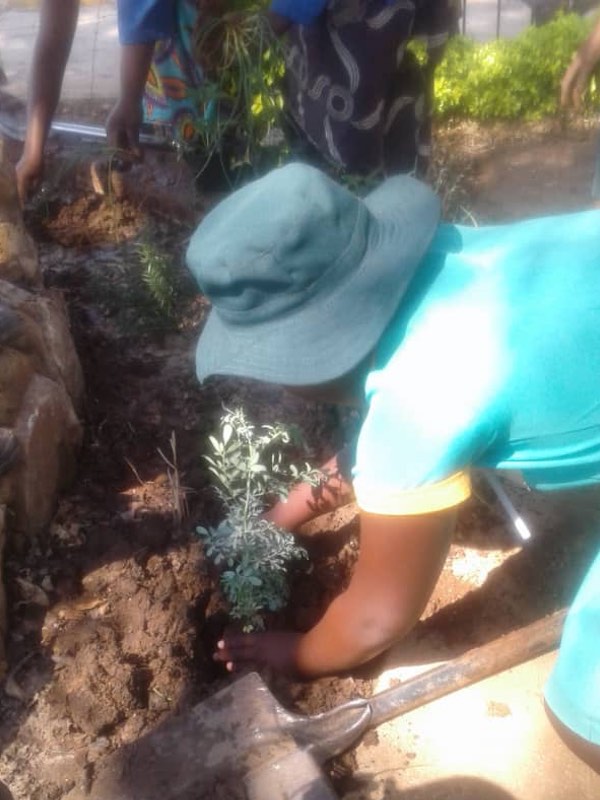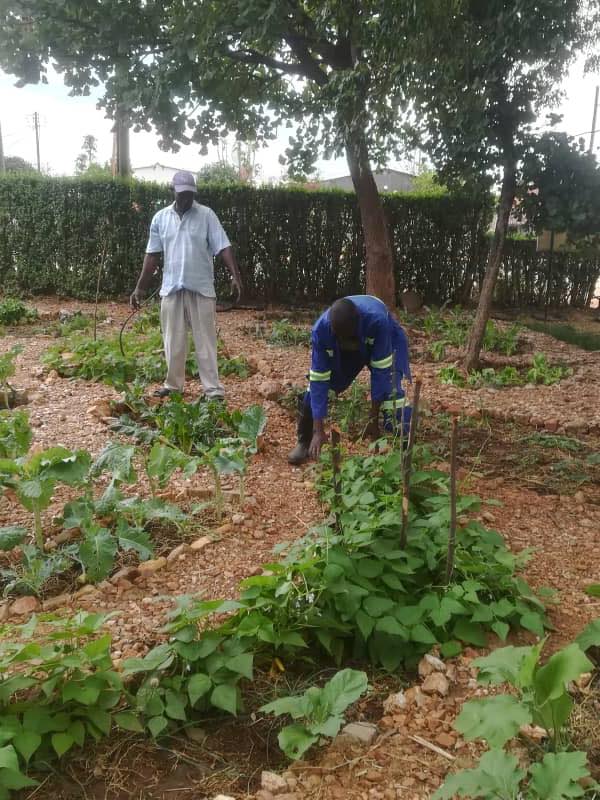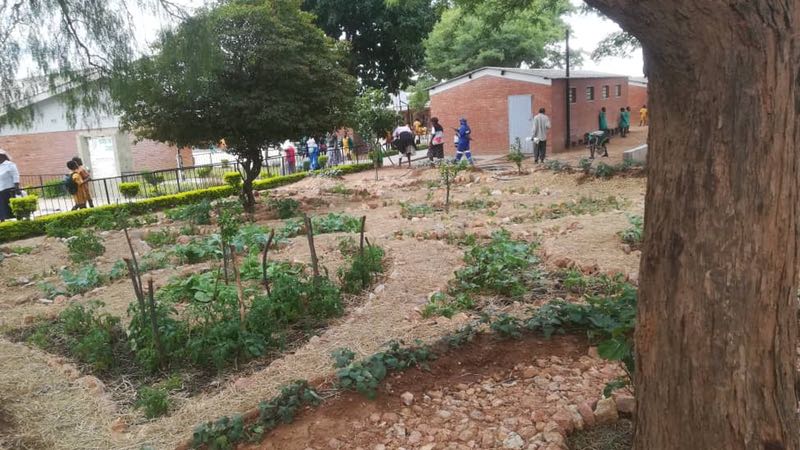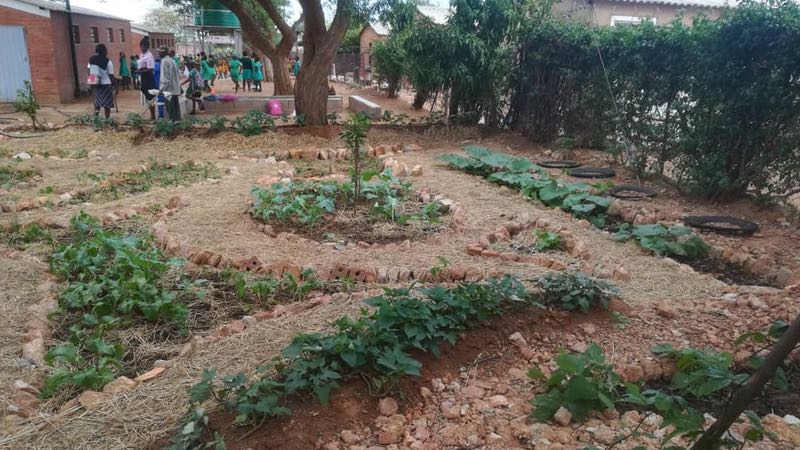WHY
Fighting hunger is our goal, because it is estimated that 66 million primary school-age children attend classes hungry across the developing world, with 23 million in Africa alone. We need to think of how we grow, share and consume our food. Our soils and biodiversity are degrading rapidly leading to reduced food supplies. Children suffer stunted growth. Sustainable food production systems are necessary to help alleviate hunger. The Integrated Land Use Design (ILUD) is a process being employed at our school as a tool to enable young people to engage in producing food at a tender age and grow up with it.
HOW
Learners, teachers and parents have come together to identify and analyze their own school environment and together carefully designed a sustainable food system to produce clean food for themselves. Our ILUD process is based on principles of permaculture. We started working on redundant pieces of ground within our school reclaiming degraded land, reducing surface runoff and rebuilding soil fertility through of composts and kraal manure. We have grown a diversity of vegetables to avail clean and highly nutritious food for the children. Parents from the community also voluntarily come in to help children work on the land. We avoid use of chemicals such as pesticides, herbicides and fertilizers. Integrated planting enables us to grow fruits and vegetables together on one piece of land creating what we call food forests.
WHAT
80% of the vegetables produced from this land are fed to our children and 20% sold to sustain our planting. This has reduced the amount of money spent by our school in buying vegetables from outside. Our children are assured of healthy food as we do not use chemicals and fertilizers. We are happy to share our knowledge and experience with our partner school in Kenya, thanks to ABC.






